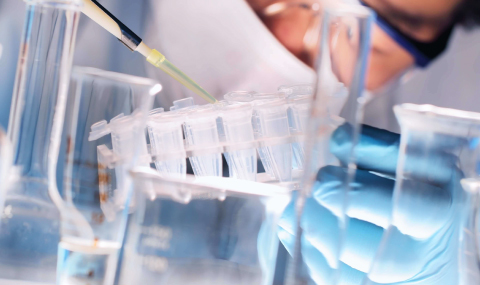We are using a non-traditional stress paradigm to test the hypothesis of individual-specific adaptation by improvisation in animal and cell models. The idea is to artificially generate conditions mimicking the emergence of a novel stress that cannot be effectively overcome by an existing stress response. This allows us to test if every individual (be it a cell or an animal) overcome a novel challenge by acquiring (and/or modifying) its adaptive capabilities via a process that exhibits the predicted features of adaptive improvisation.
We use cell-and animal-based implementations of this idea in the following contexts:
(i) Overcoming a new challenge during the development of a fruit fly (D. melanogaster)
(ii) Acquisition of tolerance by cancer cells that are treated with new drugs (we also compare this with the respective capabilities of normal cells and stem cells).




